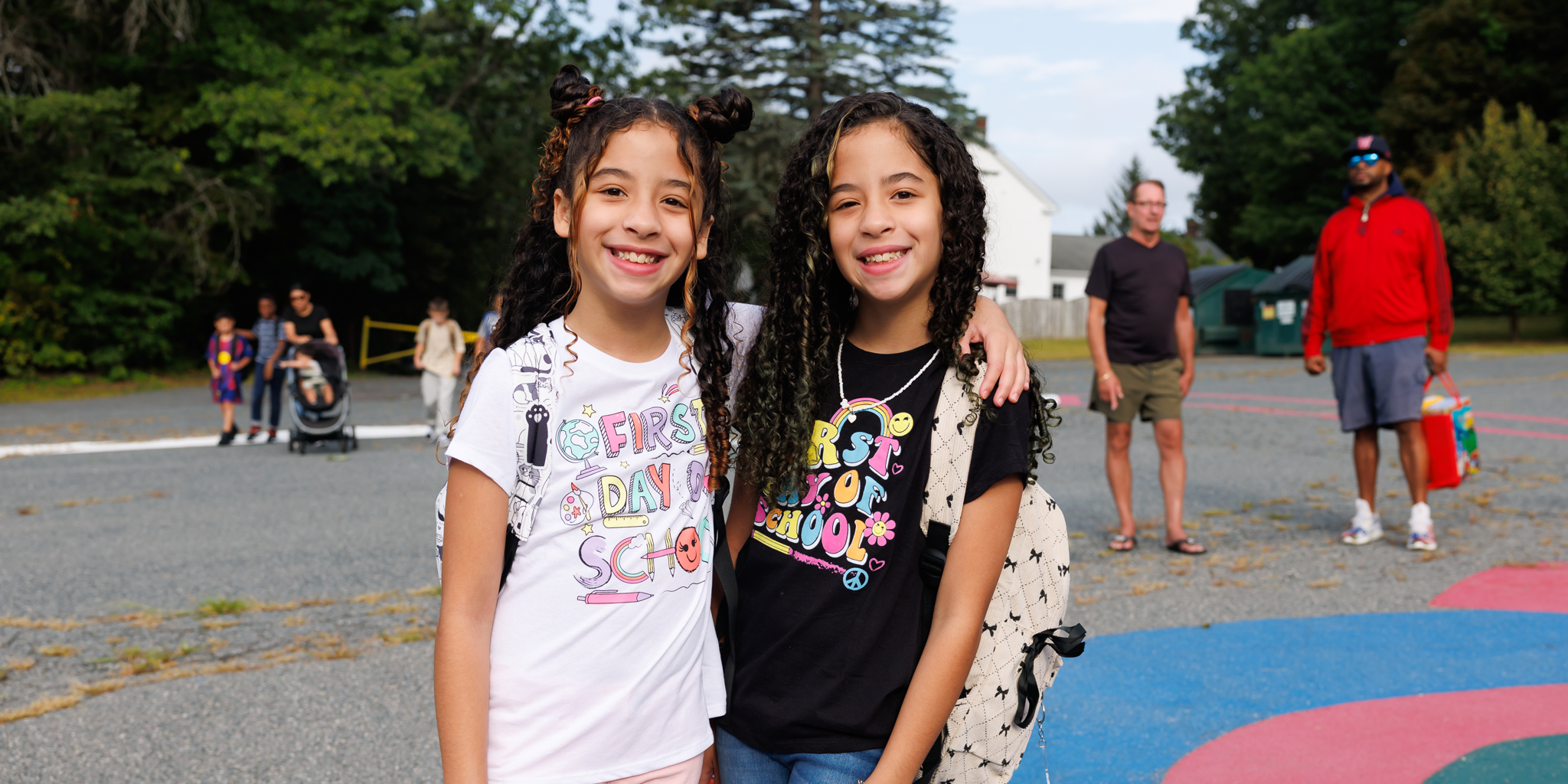End of Gallery
Welcome to Worcester Public Schools
LIVE FEED
ABOUT US
46
Schools in the District
92%
Attendance Rate
76
Languages Spoken in our Schools
90%
Graduation Rate (5-Year Adjusted)
25
Sports Offered

